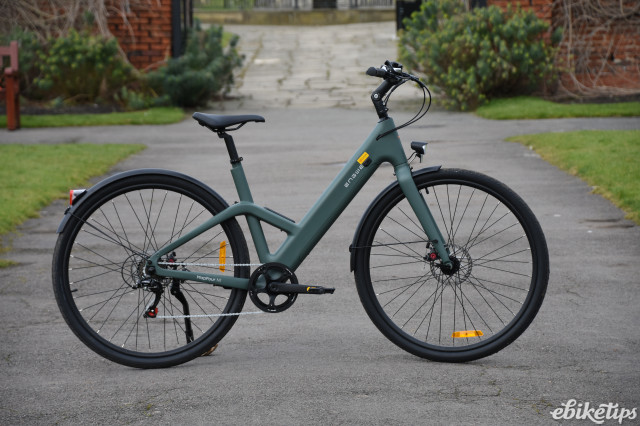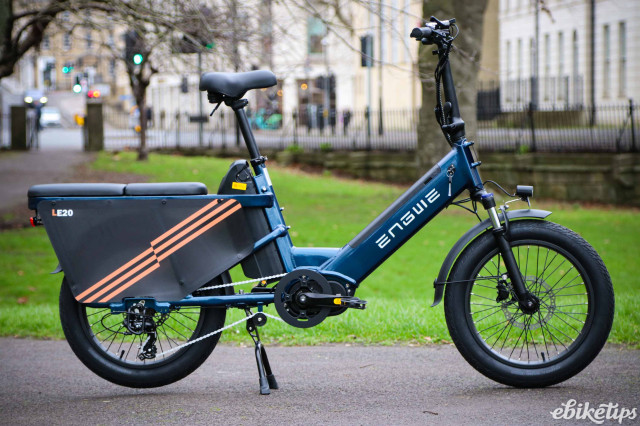The Dutch government is funding a project that will see e-bike motors cut in built-up areas. The technology has already been trialled and new regulations could be rolled out by 2022.
The Guardian reports that the not-for-profit Townmaking Institute is behind the concept.
“The whole narrative is about moving individuals from a self-centric mode,” explained Indranil Bhattacharya, a technology strategist at the organisation.
“You have been cycling through an empty stretch and you are mostly thinking of yourself and your experience, but now as you come into a built-up area it is about the collective good. By reducing the speed we are making it safer for everybody.”
The Dutch ministry of infrastructure and water management has provided €1.3m (£1.2m) of funding for the project – as has Schiphol airport, which wants to encourage staff to ride to work.
A trial has already been run on a 4km stretch of bike lanes at the airport.
Bhattacharya added: “When we first discussed the idea with manufacturers that you would cut off the power they said: ‘Well, we will put the intelligence in our own bikes, we don’t need the infrastructure telling us.’
“But I think we helped them to understand that where vehicles should go and how fast is not up to a private party, a business. In a functioning democracy, that is the job of citizens and of government.”
The system is not so hard and fast as to switch off e-bike motors within the designated area no matter what the conditions. Bhattacharya said there is flexibility in how the technology can be applied.
“We built it so you can detect the direction the bike is going, and a policymaker can say: ‘We change the regulation. We won’t cut your power off because the weather is bad.’ The intelligent infrastructure would then tell the bicycle not to cut off the power.”
E-bikes are now the biggest selling bike type in the Netherlands. The municipality of Amsterdam is currently in discussions over use of the system, while the provinces of Gelderland and North Holland are also said to have shown an interest.
A flip-side to this is that the Dutch have previously looked into constructing high-speed intercity bike paths where those on e-bikes would be permitted to ride at 45km/h.





